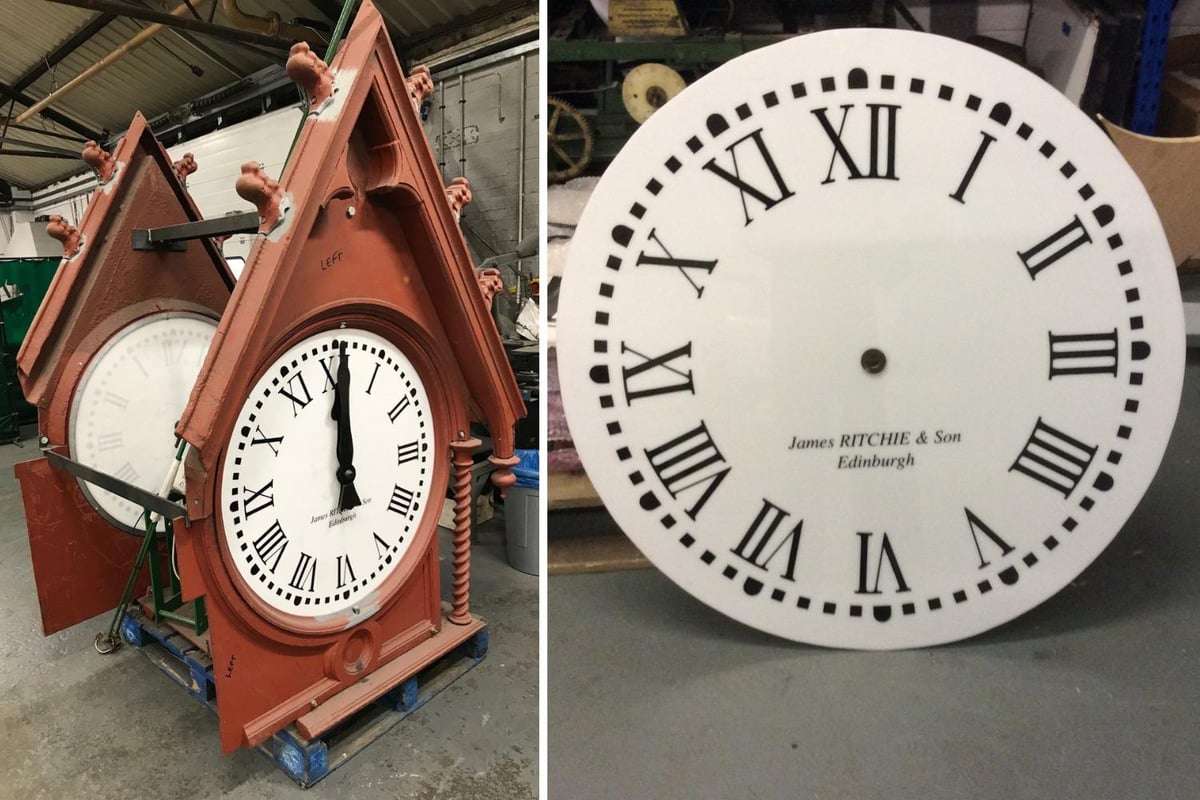Historic Edinburgh clock to return to Portobello High Street after being out of commission for over 20 years
By Joe Sullivan
Copyright scotsman

Councillors agreed at Thursday’s finance committee meeting to spend about £150,000 to put the clock back in place on Portobello Baptist Church, which was once the burgh’s town hall. It came down in 2003 over health and safety concerns, but has been in either maintenance or storage since then due to a range of reasons. Among them was who actually owned the clock – a dispute which was finally resolved in 2019, when archival research found it belonged to the council rather than the church. Mandy Watt, Labour councillor and Finance and Resources Committee convener, said: “The return of Porty’s historic Burgh clock will be welcome news to many. “It has been in storage for many years and it’s time we got on with restoring it and putting it back in its rightful place. “These works will be funded by the Common Good Fund, a legacy fund which helps us to maintain historic community assets. “Use of the Common Good Fund is also allowing us to carry out much needed repair work to South Queensferry Harbour, the Scott Monument and Calton Hill.” Another point of contention has been the cost of carrying out the re-installation of the clock, as stonework repairs will be required to put it back in place on the church. Sign up for our Breaking Newsletter and stay up to date on the latest news stories from Edinburgh and the Lothians. The council long held that the stonework was the church’s responsibility, but the church said it was not its job to mend the stonework when the repairs would only be needed to put the clock back up. Former Portobello Baillie James Balshaw gifted the clock to the burgh council in 1868, under the condition that it not be moved from the location where it was placed. When Portobello was absorbed into Edinburgh in 1896, the town’s legal responsibilities – including to the clock – were taken in by the city. And research has found that when, in the 1920s, the former town hall was disposed of and turned into the church, the sale did not include the clock. A report before councillors said that at least half of Portobello High Street could require closure for as long as four days to reinstate the clock, due to its size. The Portobello clock is one of the three publicly-owned clocks that are currently out of service, with the other two being the ones which were in Tollcross and Fountainbridge.



